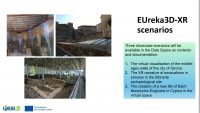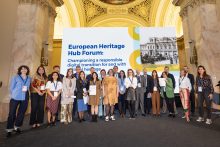
The 15th International Conference on Metadata and Semantics Research (MTSR 2021), as well as the SPECIAL TRACK on METADATA & SEMANTICS for CULTURAL COLLECTIONS & APPLICATIONS, due to the COVID-19 pandemic, will take place virtually on 29th November – 3rd December 2021.
Call for papers open – Submission deadline: July 25th, 2021
AIM AND SCOPE
Cultural Heritage collections are essential knowledge infrastructures that provide a solid representation of the historical background of human communities. These knowledge infrastructures are constructed from and integrate cultural information derived from diverse memory institutions, mainly libraries, archives and museums. Each individual community has spent a lot of effort in order to develop, support and promote its own systems, tools and metadata for the management of cultural information, mainly related to its particular resources and use.
In this framework, the management of the cultural information has to deal with challenges related to (i) metadata modeling, specification, standardization, extraction, (semantic) enrichment, mapping, integration, effective use, and evaluation, (ii) knowledge representation as conceptualization to provide the context for unambiguously interpreting metadata, and (iii) information integration from different contexts for the provision of integrated access, reuse and advanced services to users.
At the same time, there are also inter-domain efforts targeted to semantically align data (research data, educational data, public sector information etc.) to cultural information. New challenges are also emerged from the need to incorporate cultural information into the new publication paradigms, where a variety of resources (data, metadata, processes, results, etc.) are linked and integrated, providing better shareability and reusability. Currently, Linked (Open) Data, as part of the Semantic Web Technology, is having a major role in modernizing cultural heritage collections. Providing to users the possibility to re-use and integrate data into their own systems is currently more than a need, given that transparency and access to information is a prerequisite. A critical factor to the effectiveness of many aspects of all the above efforts is the quality of metadata, as interpreted by its context and use and evaluated by the proper measures and methods. Many institutions and aggregate infrastructures are dealing with the poor quality of metadata that inevitably results in poor integration, search and reuse, while their enrichment, in terms of contextualization, co-referencing, alignment, etc., is really challenging.
The aim of this Special Track is to maintain a dialogue where researchers and practitioners working on all the aspects of the cultural information will come together and exchange ideas about open issues at all stages of the cultural heritage information life cycle. The track also welcomes works related to semantics and applications for new approaches to cultural information publication and sharing, as well as to interlinking to other datasets published in the Semantic Web universe.
TOPICS
The papers in this special track should be original and of high quality, addressing issues in areas such as:
* Cultural Heritage metadata models, standards, ontologies, knowledge organization and representation systems
* Cultural Heritage information integration, interoperability and mappings
* Automated extraction of metadata, entities, and patterns from Cultural Heritage resources
* Metadata manual or automated (Semantic) enrichment and search
* Metadata quality metrics, tools and services
* Linked Open Data approaches in the Cultural Heritage domain
* Publication, linking and citation of Cultural Heritage information and resources
* Large volume content management
* 3D models-indexing, storage and retrieval approaches
* Infrastructures for sharing content
* Digital Curation workflows and models
* Provenance and preservation metadata for Cultural Heritage digital resources
More information on submission can be found at the MTSR 2021 call for papers web page.
IMPORTANT DATES
July 25th, 2021: Submission deadline
August 31th, 2021: Notification of decision (Acceptance/Rejection)
September 20th, 2021: Camera-ready papers due
November 29th – December 3rd 2021: the Virtual MTSR 2021 Conference will take place
SPECIAL TRACK CHAIRS
* Michalis Sfakakis, Dept. Archives, Library Science and Museology, Ionian University, Corfu, Greece (sfakakis@ionio.gr)
* Lina Bountouri, Dept. Archives, Library Science and Museology, Ionian University, Corfu, Greece and EU Publications Office – European Commission, Luxembourg (linabountouri@gmail.com)
PROGRAM COMMITTEE (TBA)






 This week, from 6 to 10 July, the KISMIF (Keep It Simple Make It Fast) 2021 conference, will be held in Porto, Portugal. This event is an international academic/cultural/artistic event based in the city of Porto, open for contributions from the global community of artists, researchers and activists working on all aspects of underground scenes and do-it-yourself (DIY) cultures.
This week, from 6 to 10 July, the KISMIF (Keep It Simple Make It Fast) 2021 conference, will be held in Porto, Portugal. This event is an international academic/cultural/artistic event based in the city of Porto, open for contributions from the global community of artists, researchers and activists working on all aspects of underground scenes and do-it-yourself (DIY) cultures.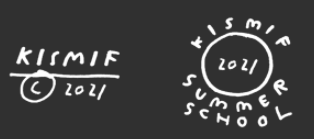 Each edition of the KISMIF Conference offeres a summer school where participants can analyze and discuss in depth some specific issues around the topics covered in the conference.
Each edition of the KISMIF Conference offeres a summer school where participants can analyze and discuss in depth some specific issues around the topics covered in the conference.
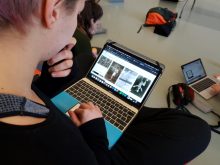
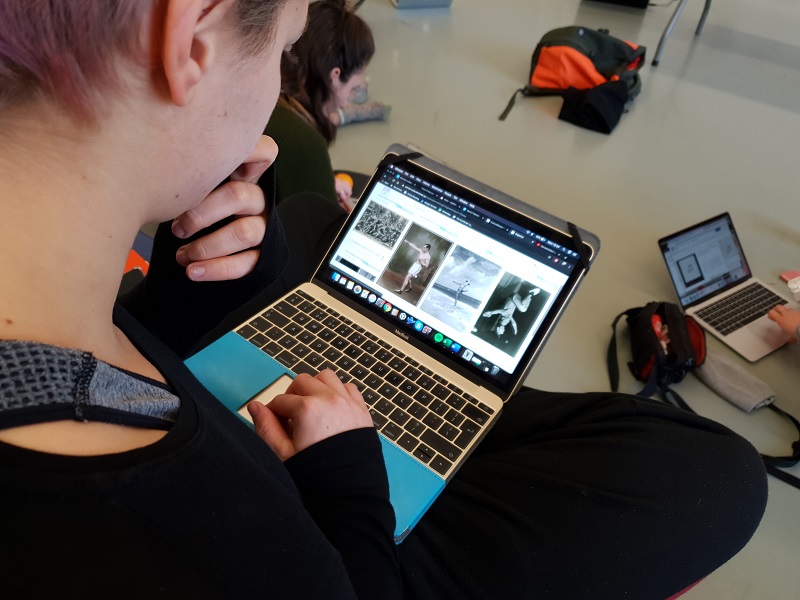
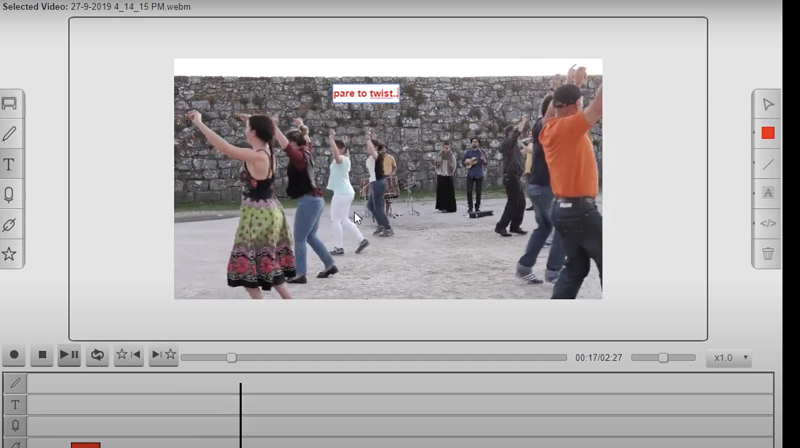
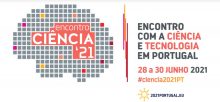
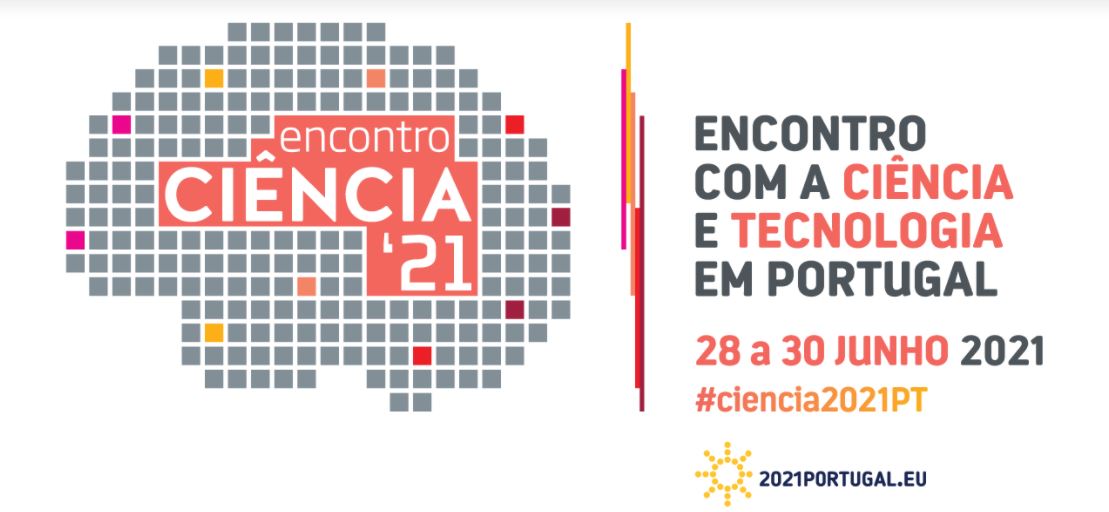
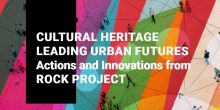
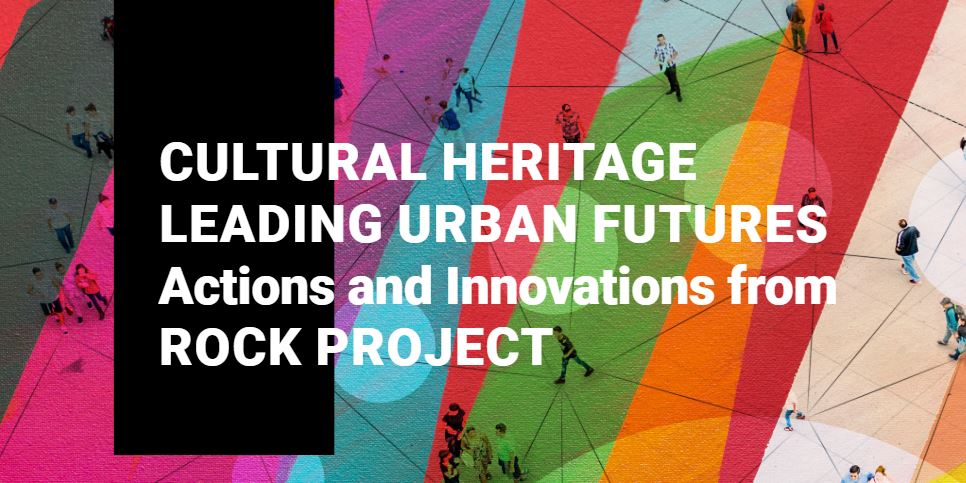 The
The 
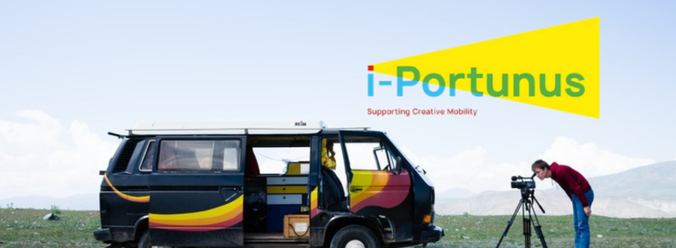 The pilot project i-Portunus, financed by the European Commision, supports artists mobility focused on creating, connecting, learning and/or exploring.
The pilot project i-Portunus, financed by the European Commision, supports artists mobility focused on creating, connecting, learning and/or exploring.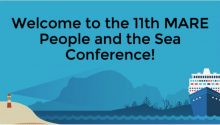
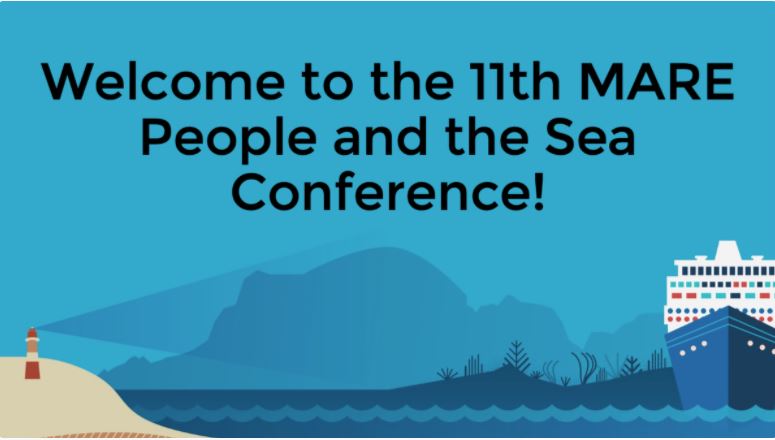 The 11th MARE People and the Sea Conference will take place from the 28th of June to 2nd of July, 2021. This year, the conference will be held virtually and will focus on the theme “Limits to Blue Growth?”. For decades sustainable development has served as guiding concept for policy makers, including those concerned in coastal and ocean governance. At the same time, the ‘blue economy’ and ‘blue growth’ have nowadays become popular concepts in marine policy. Notions on blue growth especially ask attention for new uses of the oceans, such as renewable energy (wind at sea), deep sea mining and deep-sea fishing but also aim at highlighting ecosystem services that have societal value (coastal protection, CO2 storage and biodiversity). The concept aims to reconcile two seemingly opposing uses of the oceans: exploitation and conservation, in the same way as was intended with the use of ‘sustainable development’. The concept also seems to promise that there still is a new, not yet reached frontier for economic expansion.
The 11th MARE People and the Sea Conference will take place from the 28th of June to 2nd of July, 2021. This year, the conference will be held virtually and will focus on the theme “Limits to Blue Growth?”. For decades sustainable development has served as guiding concept for policy makers, including those concerned in coastal and ocean governance. At the same time, the ‘blue economy’ and ‘blue growth’ have nowadays become popular concepts in marine policy. Notions on blue growth especially ask attention for new uses of the oceans, such as renewable energy (wind at sea), deep sea mining and deep-sea fishing but also aim at highlighting ecosystem services that have societal value (coastal protection, CO2 storage and biodiversity). The concept aims to reconcile two seemingly opposing uses of the oceans: exploitation and conservation, in the same way as was intended with the use of ‘sustainable development’. The concept also seems to promise that there still is a new, not yet reached frontier for economic expansion.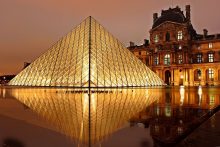
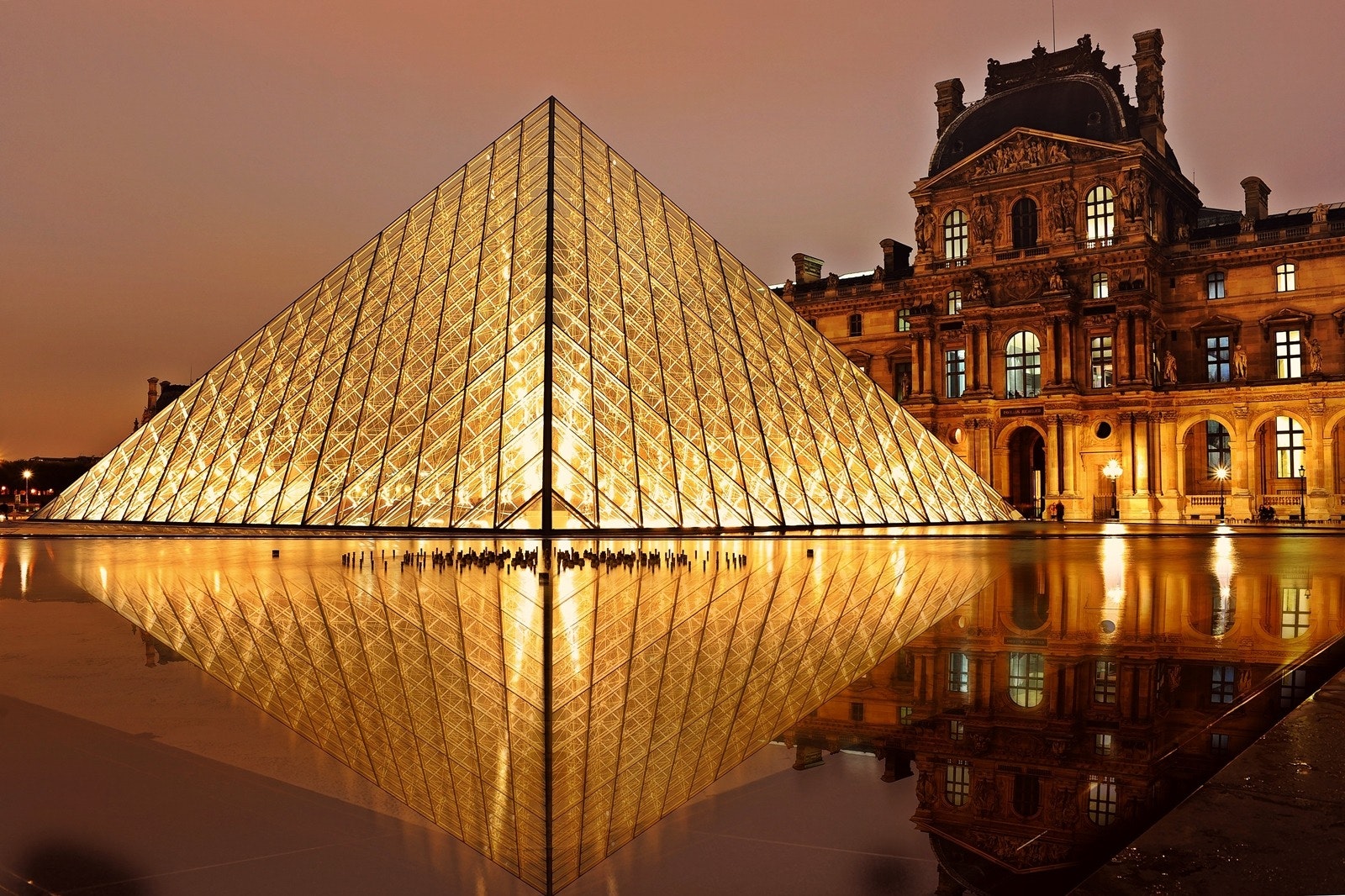 The Louvre is about to get its first female director for the first time since its opening in 1793.
The Louvre is about to get its first female director for the first time since its opening in 1793. 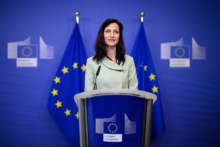
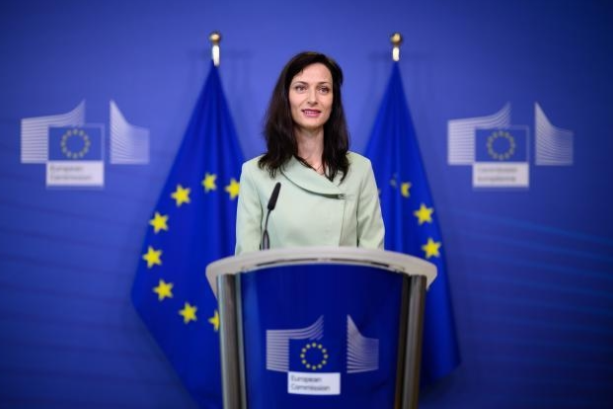
 If you have interesting news and events to point out in the field of digital cultural heritage, we are waiting for your contribution.
If you have interesting news and events to point out in the field of digital cultural heritage, we are waiting for your contribution.





























